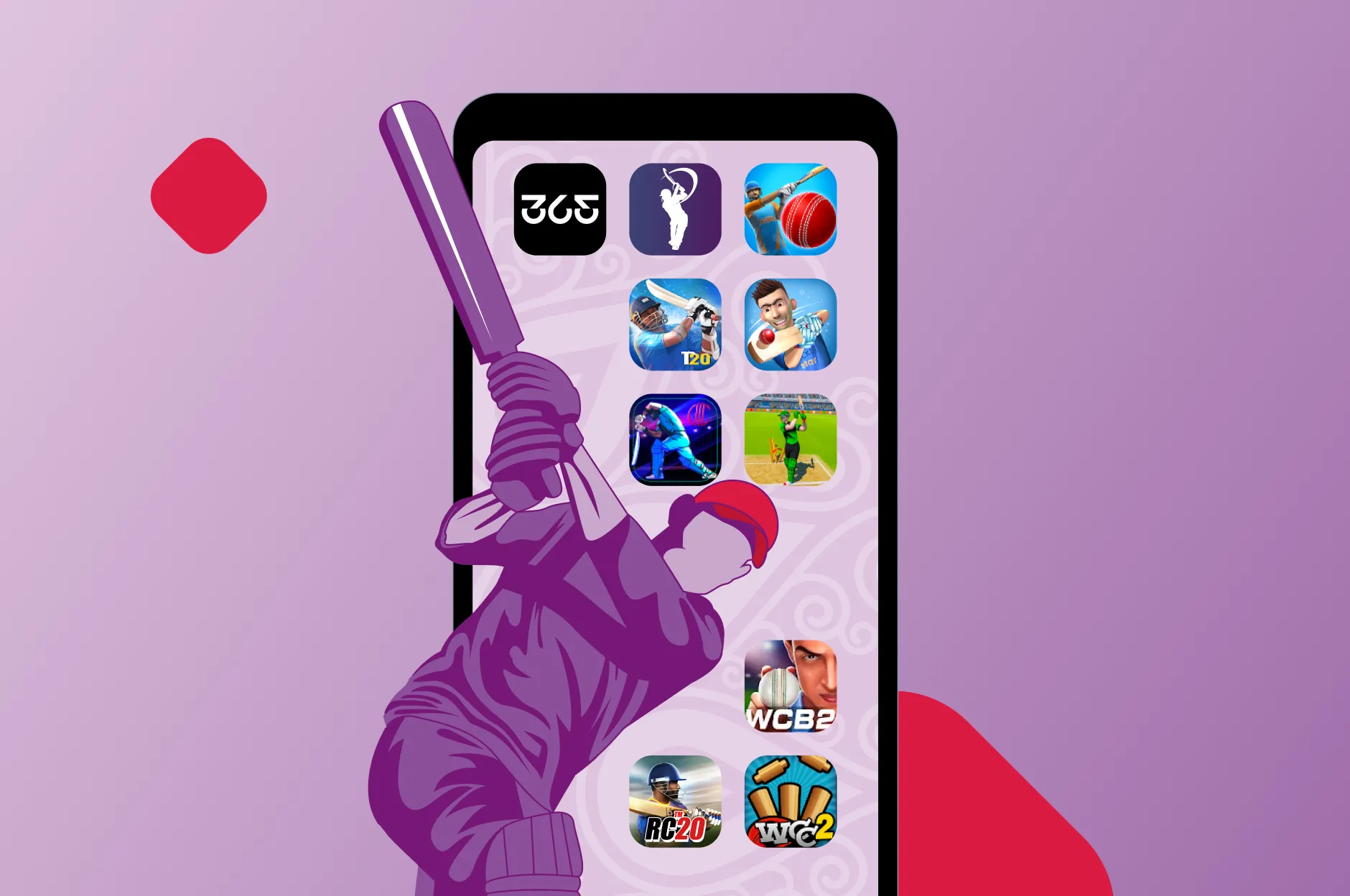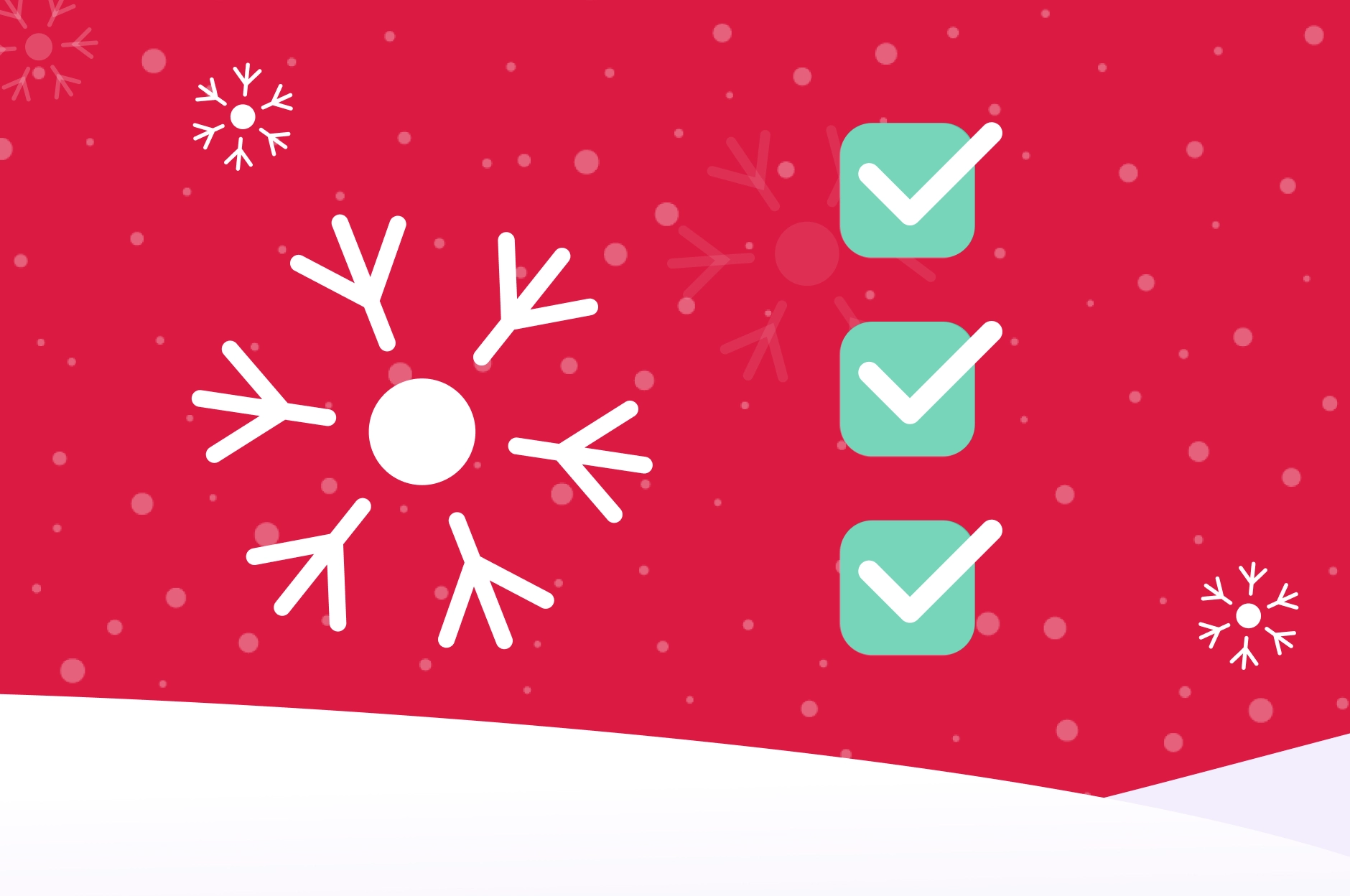

The app allowed users to donate to the campaign, to see a schedule of campaign events, to look at political news, and to see a list of Obama’s positions on major issues. The app marked the beginning of a wave of apps, all revolving around politicians, political events, and voters.
Many of the current popular political apps are not geared towards any one candidate. Rather, they focus on increasing government transparency, let voters share their opinions about major issues, and serve as a matchmaking service for voters and the candidate that most aligns with their views. With ages 18-34 being the most likely to use apps, apps are a key tool in reaching younger voters. Here are a few of the most popular examples:
- Countable: Allows you to vote in real time for issues Congress are currently debating, including bills coming to a vote. The vote is sent to the user’s representative, and later the user can check and see how the representative voted in order to hold them accountable in the next election cycle.
- WhiteHouse: This is the White House’s official app. It has articles about what is going in in the White House, photos, videos, briefings, and even live streams of speeches.
- Dollarocracy: Understanding politics is all about following the money, and this app makes it easy to do so. Users can search for specific representatives or interest groups to see where the money is coming from and going towards.
- Politifact: Created by the popular website Politifact, this app lets users look up things by politician or by topic to check them for accuracy - as well as see what is trending. There is even a quiz to see if users can guess what statements are true and what are false.
- 2016 Election Central: This app is an excellent source of political news. The creator strives to make it neutral, and it has clear, concise articles about the different events going on in politics. Additionally, it has primary schedules for both parties as well as Convention details.
- Voter: This app serves as almost a matchmaking service for voters. The app asks users about their stances on a variety of issues and then pairs them with the party and representatives that most closely align with the user’s views.
- Polltracker: Keeps track of all the different polling data for the current election. It makes it easy to stay up to date on polling information.
- Congress+: Allows users look up information about Congress with ease. Information includes address, phone number, social media information, who is on their staff, committees they are on and what legislation they voted on or sponsored. In addition, users can look up specific legislation.
These apps are reshaping how people learn about politics and interact with their elected officials. They are also huge tools for candidates to reach voters. While there is little clear evidence on how apps are affecting elections in the long run, these apps provide a way to consolidate information about candidates. As the use of smartphones continues to rise, these apps may even edge out websites as the most important source of political news.






.jpg)
